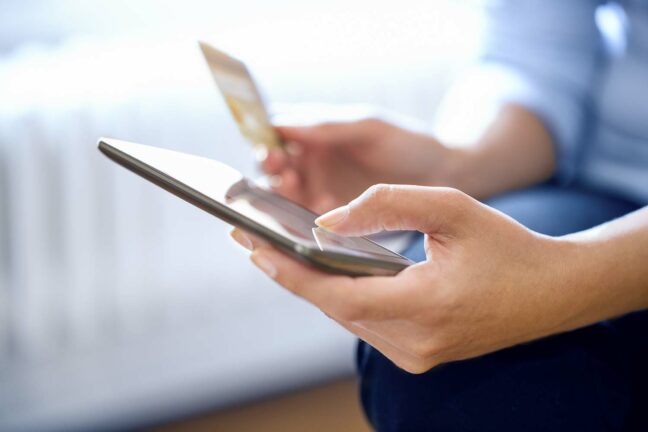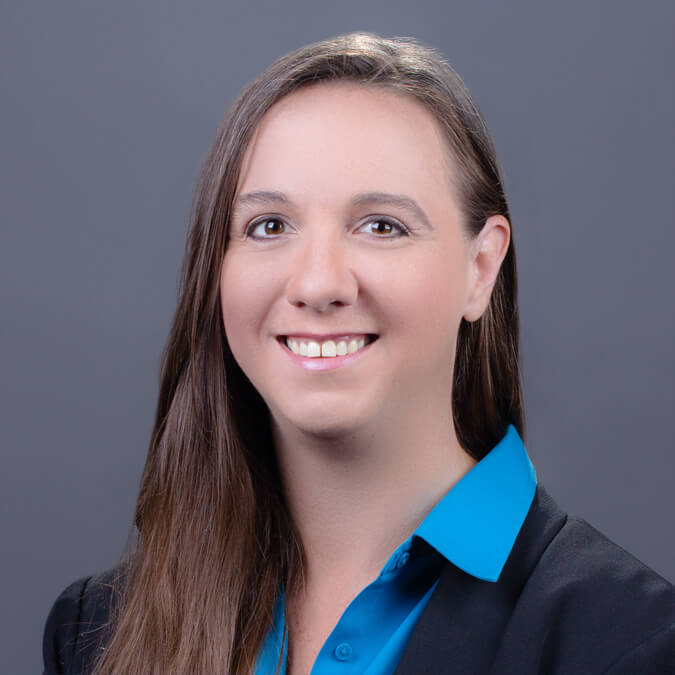Households are paying off record debt but are still forced to rely on credit.

The pandemic has had a significant and possibly lasting effect on American finances. Even as record numbers of consumers prioritize paying off their balances, people say that they’re still having to rely on their cards to cover income shortfalls caused by pay cuts and unemployment. Now, a new survey from Money and Morning Consult reveals how people’s credit habits have changed as a result of the pandemic.
Income loss is leading to credit reliance
Over half of households surveyed reported that they had lost at least some income because of the pandemic.
- 19% said they’ve been laid off or lost a job during the pandemic crisis
- 33% report pay cuts or lost income
With so many households living paycheck-to-paycheck heading into the pandemic, these losses have translated to increased credit card usage. In fact, 38% of survey respondents reported that credit cards are currently the only means available to make purchases right now.
This has also led to an increased need to use credit to cover necessary expenses. More than one in four Americans (29%) say they are using credit cards more to buy food and personal care essentials, like toothpaste.
Financial stress is also higher as a result
Overall, a quarter of Americans reported that their credit cards are a daily source of stress. For those who have experienced income loss, that jumps to 37%. People with average credit scores (620-659) were twice as likely to say they were “very stressed” about their debt.
The financial experts at Money say there’s also a correlation between stress and the amount of interest that’s being paid. Roughly 20% of Americans are spending more than $300 annually on credit card interest charges. Half of that group indicates they will spend more than $1,000 on interest charges this year.
“Carrying credit card balances is always going to be a source of stress,” says Gary Herman, President of Consolidated Credit, “particularly when you’ve experienced a loss of income, it can be painful to see how much money you’re spending each month just to cover the interest charges on your credit cards.”
Herman says the stress is compounded when people are forced to continue charging. They’re forced to put emergency expenses on credit cards, which leads to higher balances and more interest charges. As a result, they can’t get ahead with emergency savings.
“It’s a vicious cycle that can be hard to break,” Herman explains. “That lack of ability to make progress is, itself, extremely stressful. You feel like you’re in a hole and there’s no way to dig yourself out of it.”
Americans are paying more attention to cost
While people still place a lot of value on reward programs, more people are concentrating on the cost of using credit, rather than the cash benefit.
- 55% say that having cards with no annual fees is very important
- 47% say low interest is very important
- 39% believe a no-interest period is very important
“One thing that concerns me is that I think people are banking too heavily on 0% APR teaser rates,” Herman says. “Moving existing balances to a card with 0% APR for 6-18 months can be beneficial, but only if you’re wholly focused on paying off that balance. If you’re still making charges, particularly on that new 0% APR card, that perceived benefit is really a diversion. If you don’t pay off the debt, you’ll be right back to paying high-interest rates.”
The biggest perk people are looking for now is cash-back rewards, which 43% of Americans say is a very important perk. Cashback can be useful, particularly if you roll that money back to pay off the bill. However, if you’re carrying a balance, be aware that any cashback earned will be offset by interest charges within the first 2-3 billing cycles.
Getting ahead of credit card debt during a pandemic
“I think a big step that most people miss following income loss is to revisit their budget,” says April Lewis-Parks, Financial Education Director for Consolidated Credit. “It can be difficult to sit down and really take stock of what you’re spending when you’ve lost income because you know the news isn’t good, but it’s crucial if you want to start working to get ahead.”
Depending on what percentage of your income you’ve lost, it may not be possible to bring everything into balance. However, you still need to look at the numbers to understand where you are. It also allows you to make those hard decisions about what can be cut or at least cut back until you can regain the income you lost.
“Don’t just wait to get another job or replace that lost income,” Lewis-Parks explains. “You need to budget for the income that you have now. Cut as much as you can and use as many cost-saving measures as you can, such as couponing for groceries and personal care items. The less you need to charge, the easier it will be to recover quickly once your income bounces back.”
What’s the best way to pay off debt once your income recovers?
“If you’ve run up balances into the thousands during the period of income loss, traditional payments may not be an effective solution,” Herman says. “Too much of each payment you make will go to cover interest charges. Even if you’re paying more than the minimum, it will be an uphill battle.”
Consider do-it-yourself solutions first
Depending on your credit score, you may be able to consolidate the debt at a lower APR. In this case, a 0% APR introductory period can be useful.
“Once your income has recovered, a no-interest period can be beneficial. As long as you have the ability to stop making new charges, you can focus all of your effort on paying down the balance quickly,” Herman explains. “However, if your credit score has taken a hit as a result of your debt and period of hardship, do-it-yourself debt consolidation may not be realistic.”
Where to go if you need help
Things like missed payments or high balances relative to your total available credit limit have the potential to significantly decrease your score. As a result, it may be difficult to qualify for long 0% APR introductory periods on balance transfer cards. You may also have trouble qualifying for a low-interest rate on a debt consolidation loan.
“In this situation, the best thing to do is contact a nonprofit credit counseling organization,” Herman advises. “A certified credit counselor can review your debts, credit, and budget to help you customize a plan to pay off your debt.”
Since the service is nonprofit, the credit counselor will advise you on all your options and recommend the best solution for your unique financial situation. If you have too much debt or a low credit score, the best option may be a debt management program. It consolidates debt into one monthly payment and reduces or eliminates interest charges. This can allow you to pay off your debt faster when you can’t consolidate debt on your own.
Talk to a certified credit counselor to understand options for paying off your debt.
